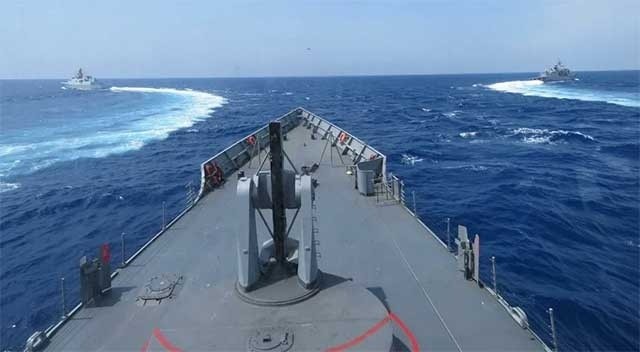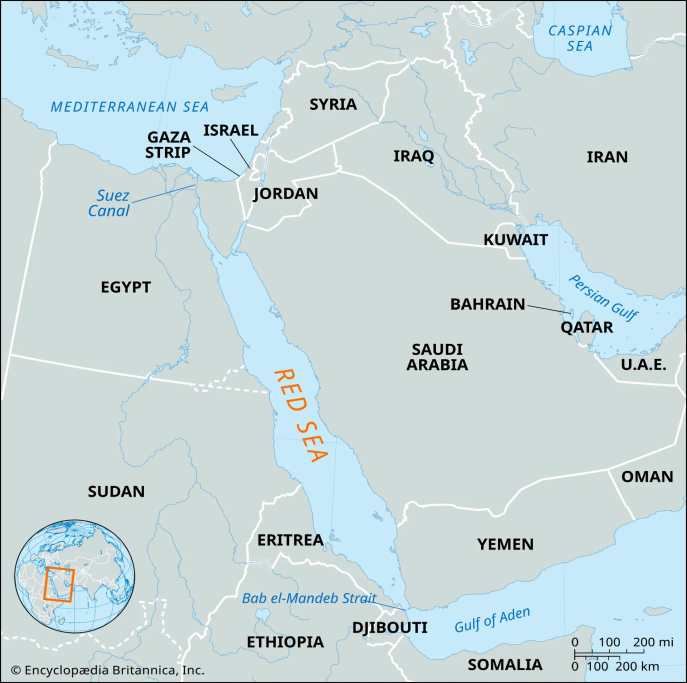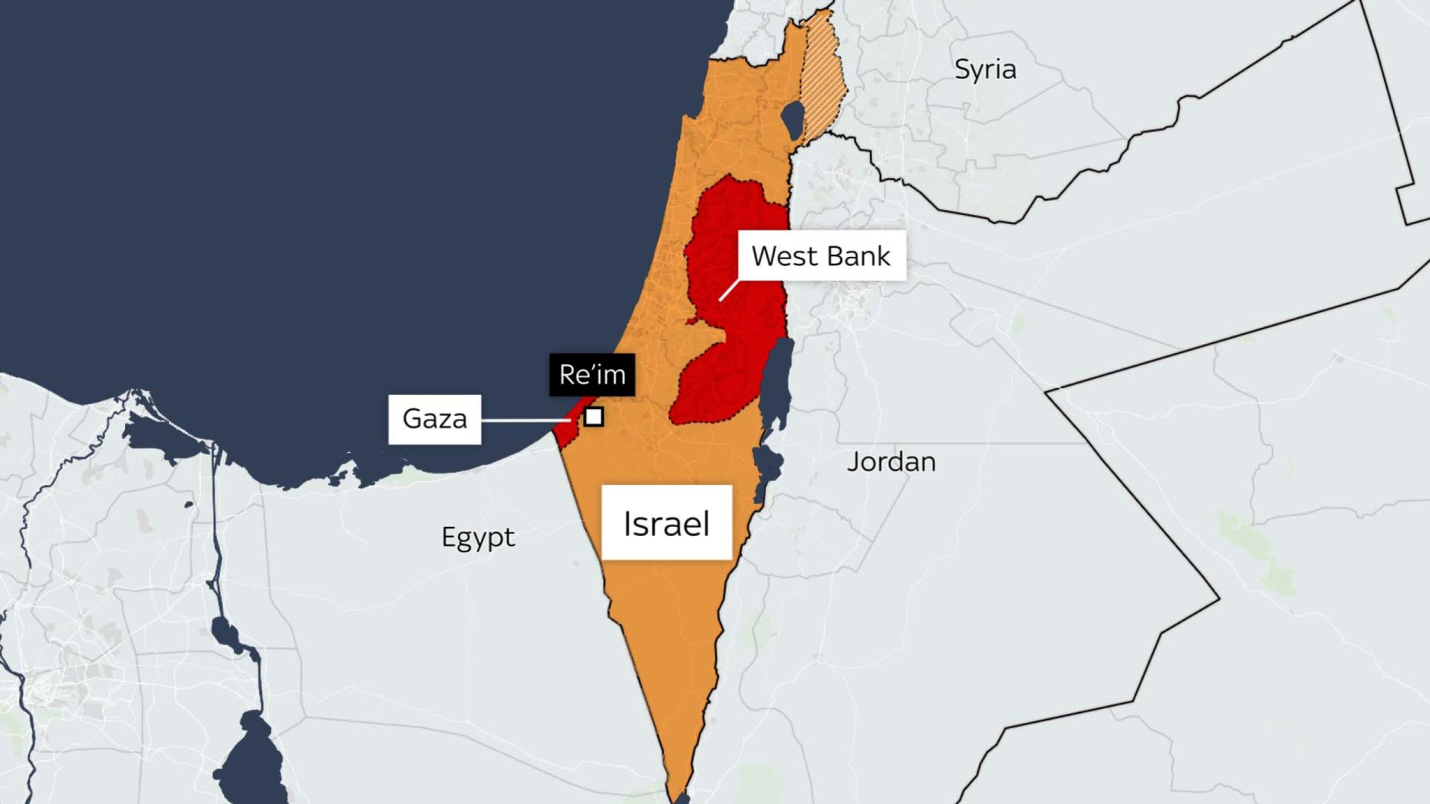





Copyright infringement not intended
Picture Courtesy: https://bulgarianmilitary.com/2024/02/13/greece-to-lead-the-european-operation-aspides-in-the-red-sea/
Context: EU launched "Aspides" naval mission to protect cargo ships from Houthi attacks in the Red Sea and surrounding waters.
About Operation Aspides
|
What is it? |
A naval mission launched by the European Union (EU) to protect cargo ships in the Red Sea, Gulf of Aden, and surrounding waters from attacks by Yemen's Houthi rebels. |
Officially known as Naval Force Operation Aspides, it represents a significant step towards a stronger European presence at sea. |
|
Goals |
Ensure freedom of navigation: Guarantee safe passage for commercial vessels through the crucial Red Sea trade route. |
Protect European interests: Secure economic stability and prevent disruption to maritime trade vital for the EU. |
|
|
Deter and respond to Houthi attacks: Defend against future assaults on shipping and deter further escalation. |
Contribute to regional stability: Promote a peaceful resolution to the conflict in Yemen and foster regional security. |
|
Deployment |
Ships: European member states like France, Germany, Italy, and Belgium have pledged to contribute warships. |
Airborne early warning systems: Enhance situational awareness and provide real-time surveillance capabilities. |
|
|
Operational command centre: Located in Larissa, Greece, it oversees mission activities and coordinates deployments. |
Rules of Engagement: Ships can only fire in self-defence, emphasizing a defensive and non-aggressive posture. |
|
Background |
Houthi attacks: Since November 2023, the Houthis have been targeting commercial and military vessels in the Red Sea, disrupting trade and raising concerns. |
Impact on trade: Increased delivery times and shipping costs for the EU due to rerouting and security concerns. |
|
|
Regional implications: Potential for escalation and destabilization in the already volatile region. |
International response: Aspides complements existing operations like Operation Prosperity Guardian led by the US. |
|
Challenges |
Ensuring effectiveness: Balancing military action with diplomatic efforts and addressing the root causes of conflict in Yemen. |
Gaining regional cooperation: Engaging with all relevant stakeholders and fostering a collaborative approach. |
|
|
Maintaining long-term commitment: Sustaining the mission and resources required for continued effectiveness. |
Navigating legal and ethical considerations: Adhering to international maritime law and ensuring responsible use of force. |
|
Future Outlook |
Success depends on: Effective implementation, addressing Houthi concerns, and securing regional cooperation. |
Potential outcomes: Improved maritime security, increased trade flow, and contribution to regional stability. |
|
|
Possible challenges: Escalation of conflict, limited impact on Houthi activities, or withdrawal of EU involvement. |
Overall, Aspides represents a complex and evolving situation, and its long-term impact remains to be seen. |
Red Sea

Must Read Articles:
Operation Prosperity Guardian and Houthi conflict: https://www.iasgyan.in/daily-current-affairs/operation-prosperity-guardian-and-houthi-conflict
|
PRACTICE QUESTION Q. The primary objective of Operation Aspides is: A) To establish a permanent European military presence in the Middle East. B) To directly engage in combat against Houthi rebels in Yemen. C) To deter and prevent attacks on commercial shipping in the Red Sea. D) To support humanitarian aid delivery to conflict zones in Yemen. Answer: C Explanation: While providing security for shipping has humanitarian implications, the primary objective is not direct aid delivery. Option (a) exaggerates the scope and permanence of the mission. Option (b) is inaccurate as the mission prioritizes self-defence. Thus, (c) is the most accurate choice. |











© 2025 iasgyan. All right reserved